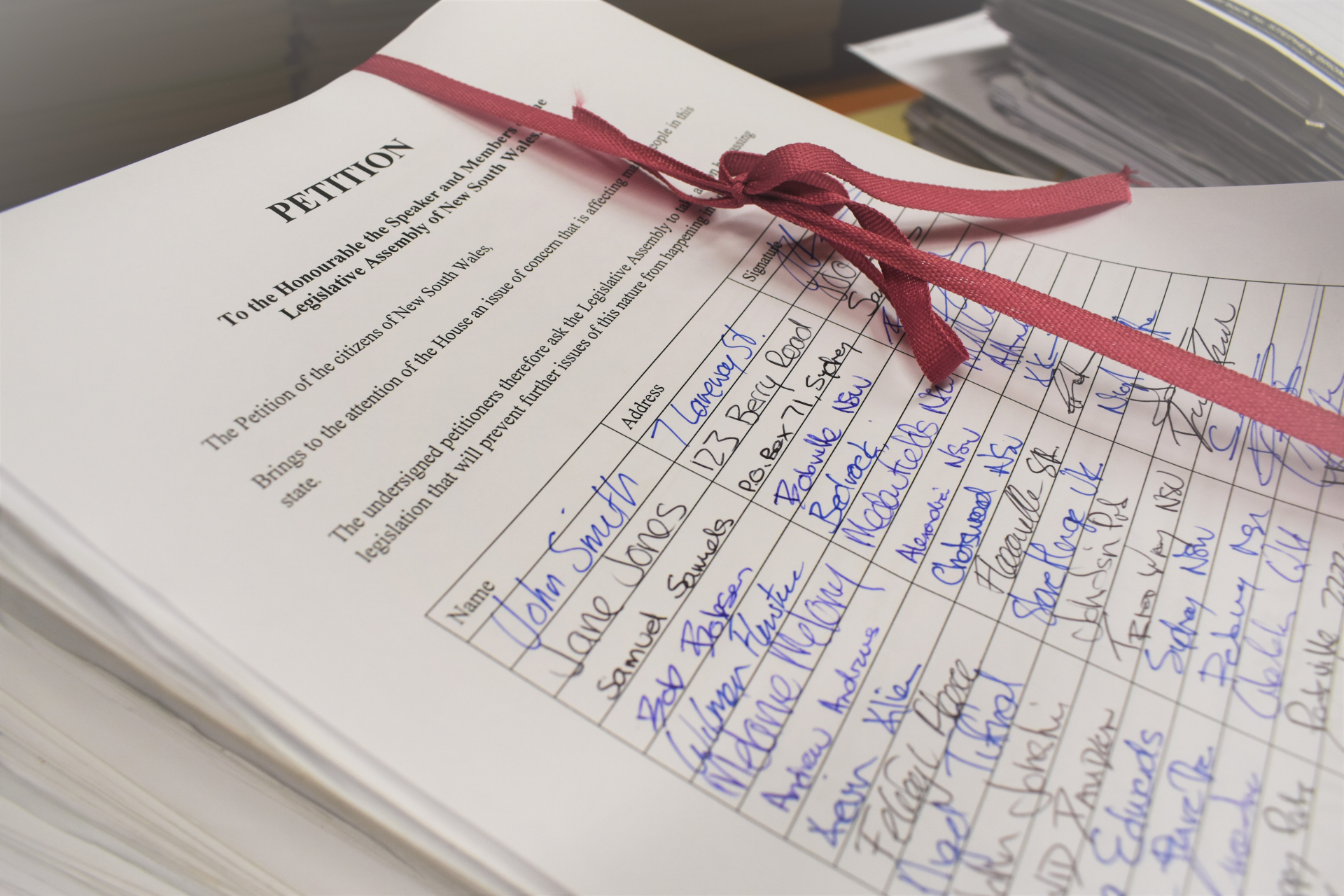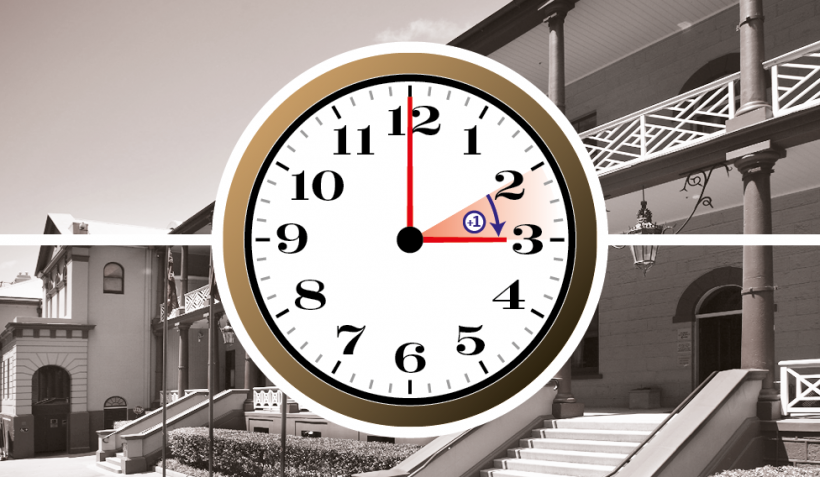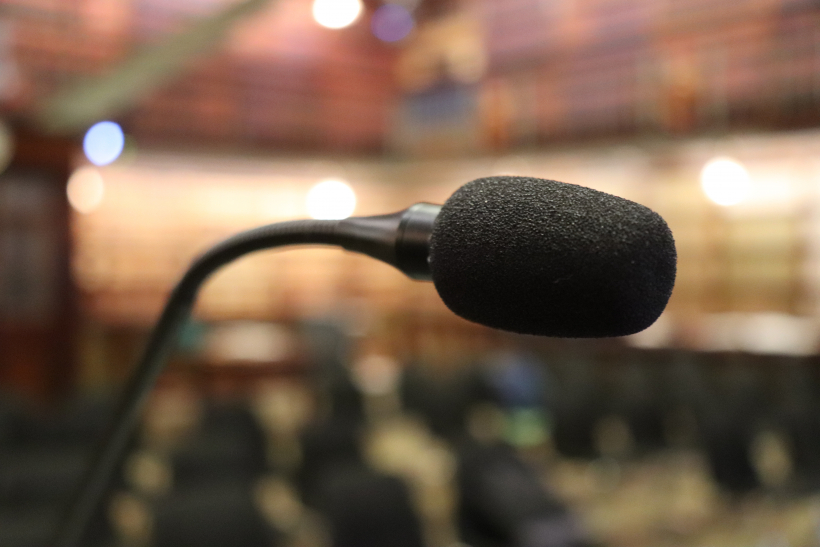Learning Outcomes
- Explain the rights and responsibilities of individuals and groups in the democratic process
- Identify the types of rights of individuals
- Outline the responsibilities of citizens within society
- Explain the interrelationship between rights and responsibilities
Syllabus Links
Syllabus Links
Part II: The individual and the law
- Your rights and responsibilities
Democratic Participation
A working democracy needs citizen involvement and open compromise. In democracies, the Government is only legitimate if they are based on the consent of the people.
Democracy requires participation and responsibility within our system of governance. It is our responsibility to make our voices heard and to question the policies and decisions of the Government and keep the government accountable. Listening to different perspectives and views makes democracy stronger.
We must exercise our power and civic responsibility directly and/or through freely elected representatives. Citizens are the source of all government power.
Representative Democracy
We have a representative democratic system where the people we elect make decisions on behalf of the people.
This is underpinned by two key elements:
- elections where the public chooses people to represent their interests in Parliament
- the Parliament itself which is the representative forum.
Checks and balances within the parliamentary system and the principle of the separation of powers keep the Government accountable and ensure it’s not all powerful; it may do only those things that the people have given it power to do. The rule of law requires governments to be accountable to the people and reflect society’s values to make ”good law” for the people. No person or government is above the law, and no government or official can enforce an unjust or unfair law.
Key Principles of Democracy
- Constitutional order: the structure and powers of the Australian Parliament, Government and the Courts are part of our written Commonwealth Constitution which cannot be amended without a referendum.
- Representative democracy: eligible citizens elect members of parliament to make decisions and laws on their behalf. If citizens do not think their representatives are doing a good job, they can vote for new ones at the next election.
- Responsible government: to be in government, a party or coalition of parties must have the support of the majority of members in the Lower House, in NSW this is the Legislative Assembly. The Leader of the Government and Ministers are elected representatives and chosen from this group. This makes sure the NSW Government is accountable to the NSW Parliament which represents the NSW people.
What are the Benefits?
Australia generally enjoys a peaceful and harmonious society with a successful democracy. Its many benefits include:
- The ability to resolve different views and conflicts peacefully
- The freedom to act, speak and think freely (as long as it does not stop others doing the same)
- Equality before the law
- Safe and secure community
- Good government that is efficient, transparent, responsive and accountable to citizens
- Ability to hold elected representatives accountable
Rights and Liberties
Rights and liberties are guarantees and freedoms enjoyed by citizens in liberal democracies. In some countries such as the USA, Canada and New Zealand they are listed in a Bill of Rights. In other nations such as Australia they are enshrined in the Australian Constitution.
Did you know?
The Legislation Review Committee reviews each Bill introduced into Parliament and reports on its impact on personal rights and liberties.
For example, in 2010 the Parliament invited comment from the public on the principles it should apply when considering bills that trespass on personal rights and liberties (under section 8A of the Legislation Review Act 1987) in determining whether a trespass on a right is undue in relation to the public interest. You can read the report and responses to the discussion paper Legislation Review Committee; Public Interest and the Rule of Law
More information on the Legislation Review Committee
Making Your Voice Heard
Every citizen has the right and opportunity to play an active part in the decision-making processes of government and the Parliament.
Voting for Parliament at state, federal and local elections and in referendums keeps the people at the centre of the democratic system. Through this process, citizens freely exercise their choice and give the authority to their elected members to represent them in parliament and to form governments based on the majority decision of the people.
But how can we influence our elected members’ decisions and actions during their term in office? In this section you can trace a number of methods that you can engage in to improve outcomes on the issues you find of primary concern.
Action Through Members of Parliament
Contacting Members
Your local member, Ministers or Government departments can assist with problems, take action or refer the issue to someone who can assist. They will often pass the concern on to an appropriate minister or officer. In some cases, they will raise these concerns in the parliament. All members of Parliament are listed here.
 Parliamentary Committees
Parliamentary Committees
Committees investigate complex issues in society and their reports can influence government and parliament decisions. Most committees invite community submissions. Expressing views to a committee, either in writing or in person, is a direct way of having a case taken into account as new legislation, policies or decisions are being developed.
Petitions 
Petitions are a traditional way of mobilising change, by presenting a petition to parliament through a member. Petitions have a set format which should be followed.
Recently the Legislative Assembly has introduced ePetitions which allow petitions to be signed and submitted online!
Lobbying
Lobbying is an attempt by individuals, groups or organisations to make their views known to politicians in order to influence political decisions. It is an accepted practice within a democratic system that must operate within the law. There are many worker, employer and particular interest organisations that represent their interests to the government and the media. Some individuals or firms operate as professional lobbyists, offering their skills and knowledge to organisations which want their case put effectively.
Did you know?
You can stand for parliament at eighteen years of age (voting age).
An option open to all citizens is to stand for parliament – either as an independent or as a party candidate. The NSW Electoral Commission will provide advice on the process of registration and standing.
Accessing Information
Freedom of information laws promote and enhance the processes of democracy and representative government by increasing access to government information. Accessing information is key to making change and taking effective action. Citizens can use the Freedom of Information Act to get access to certain information held by the Commonwealth Government or the Government Information (Public Access) (GIPPA) Act at the state level in NSW.
Learn more by reading this background paper Freedom of Information and Open Government.
Using the Media
Newspapers, radio and television play a significant role in publicising issues or exposing problems. The media can reflect or promote public opinion and influence decisions of the government. The internet offers opportunities to influence others, generate support and action on issues.
Direct Action
Direct action such as:
- demonstrations
- public speechmaking
- street marches
- public meetings
- use of signs and banners
- handing out pamphlets to the public
can be legal ways of attempting to generate and demonstrate public support for an issue and influence decision-makers.





